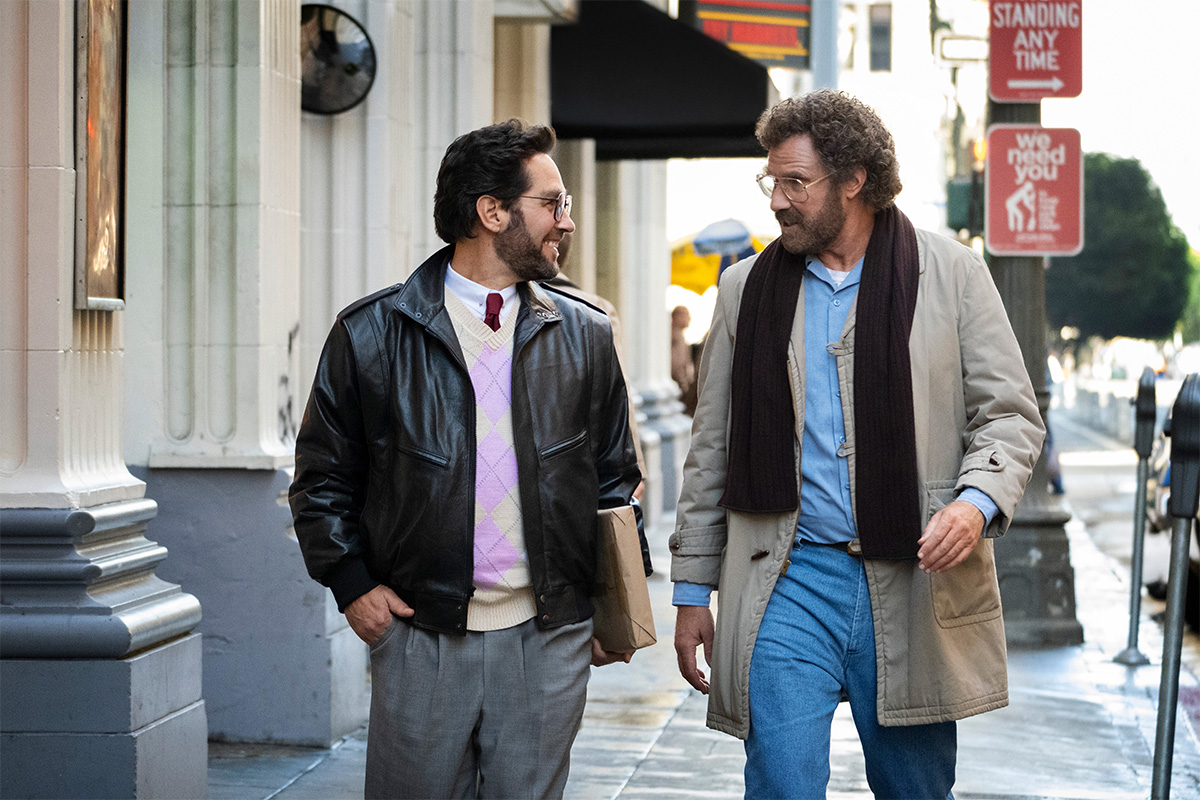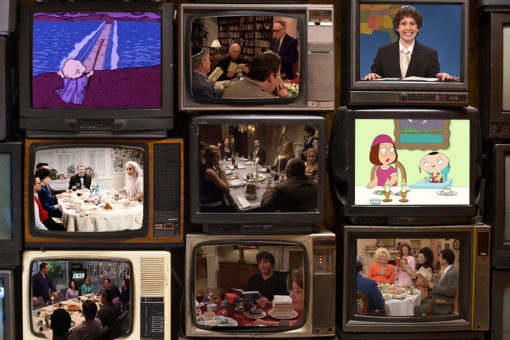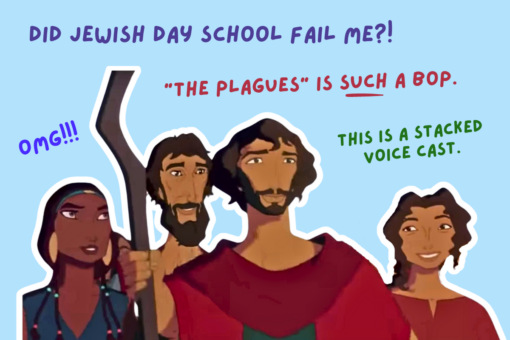I was diagnosed with PTSD as a college sophomore after an extremely toxic high school best friendship ended, leaving me feeling alone, insecure and without a sense of self. When I reached out to my college’s counseling center for help, they referred me to a therapist outside the school’s network. The counselor explained that they “didn’t have the resources to help someone with my kind of trauma.” That was the first time anyone acknowledged that I needed help.
Nobody really talks about what it means to have an abusive friend, which makes the experience feel even more isolating. When we consider toxic relationships, we normally talk about mothers tormenting their children; spouses endlessly manipulating each other; partners getting upset when the other wants to do something without them. We can easily picture these scenarios because they’re often used as the bases for movies and TV shows — Meredith’s mom in “Grey’s Anatomy;” The Wormwoods in “Matilda;” Nicole and Charlie in “Marriage Story;” Joe in “You.” People easily relate to how family and romantic partners can be hard to rebuff. But breaking off a friendship — a seemingly shallower relationship in comparison — is thought to be easier, when in reality it can be just as messy, complicated and traumatic.
Being familiar with that brand of trauma myself, I immediately recognized the impending complications about to befall the characters of “The Shrink Next Door,” Apple TV’s latest miniseries based on a true story that was first told in a popular 2019 podcast. Opening in 1980s New York, the show follows Marty Markowitz (Will Ferrell) and his therapist-turned-friend, Dr. Ike Herschkopf (Paul Rudd) — both distinctively Jewish — as Dr. Herschkopf infiltrates Marty’s life with abusive tactics over a 30-year period. I watched in awe. I recognized myself immediately. I felt warm as I watched my experience validated on screen.
Ike wastes no time in taking advantage of the opportunity in front of him, carrying the pain caused by his distant father who couldn’t connect after surviving the Holocaust. He feels Marty out, recognizing his lack of confidence instinctually quick. He listens and generously accommodates Marty as he opens up about his anxieties — that he won’t be able to run the successful fabric company his parents left him, that as executor of his parents’ estate he’ll mishandle their accumulated wealth, and that he has no idea what to do in either role. As Marty lists his woes, Dr. Herschkopf offers dramatic solutions, subtly but repeatedly crossing boundaries in the process. He physically accompanies Marty to a confrontation with an ex-girlfriend, sets up shop in his office as a corporate counselor and advisor, and becomes brotherly close to Marty, transforming him from an anxious patient in need of help into a tool through which Dr. Herschkopf can get what he wants — in his case, a chance at the upper-class Jewish life he was denied.
As the eight-episode series exponentially flips through time, we see Ike slowly but surely wear Marty down. In an early session, Marty describes his “terrible” bar mitzvah — he “mangled his haftarah” and hid in the bathroom. Dr. Herschkopf — later called Ike as his doctor-patient relationship inappropriately becomes a friendship — remembers his own bar mitzvah and how his parents couldn’t even afford a party. He suggests Marty have a second “therapeutic mitzvah,” using it as an opportunity to elevate his status in his synagogue. When Marty’s sister protests, Ike convinces Marty to cut her off, that her only goal is to “bleed him dry” despite her being his only living family. Ike continues this pattern throughout his “friendship” with Marty, whittling his inner circle down to Ike alone. Ike does what all abusers do: gaslights Marty into believing he is the only one who will truly love him.
Every week I watch Marty take the abuse over and over and over again. Every week I crumple as I remember how I took the abuse over and over and over again. And I am relieved. After years of trying to explain what it was like and why it took me so long to leave, I’m finally able to show people why. As Ike eagerly embroils himself in Marty’s life, I’m able to relate and explain how that kind of eagerness is welcome, not concerning, when you feel lost and unwanted. I can point to the subtle ways Ike embeds himself into every situation and explain how comforting it feels at the beginning to have someone finally care, and the powerlessness you feel from surrendering to them because it was easier than dealing with your own pain. Ike’s love bombing niceties contrast against the stints of his bitter narcissism, and I can explain how one minute you’re told you’re their best friend ever and they’ll love you forever and the next you’re berated for trying anything outside the other person.
Cutting off a toxic relationship is hard no matter who the other person is. Untangling yourself from an abuser is a messy, painful process. It hurts when it’s your family, it hurts when it’s your partner, it hurts when it’s your friend. We need shows like “The Shrink Next Door” to talk about it. We need them to reflect it, help us work through it, understand it and eventually (hopefully) conquer it. Toxic friends involve more than just petty drama and schoolyard bullies. They worm their way into your life, taking you over like a parasite, suffocating you into passive silence.
“The Shrink Next Door” gave me the words to explain it to others after struggling for so long. It’s the kind of filterless story that makes you feel seen after someone, everyone, has made you feel irrelevant.



